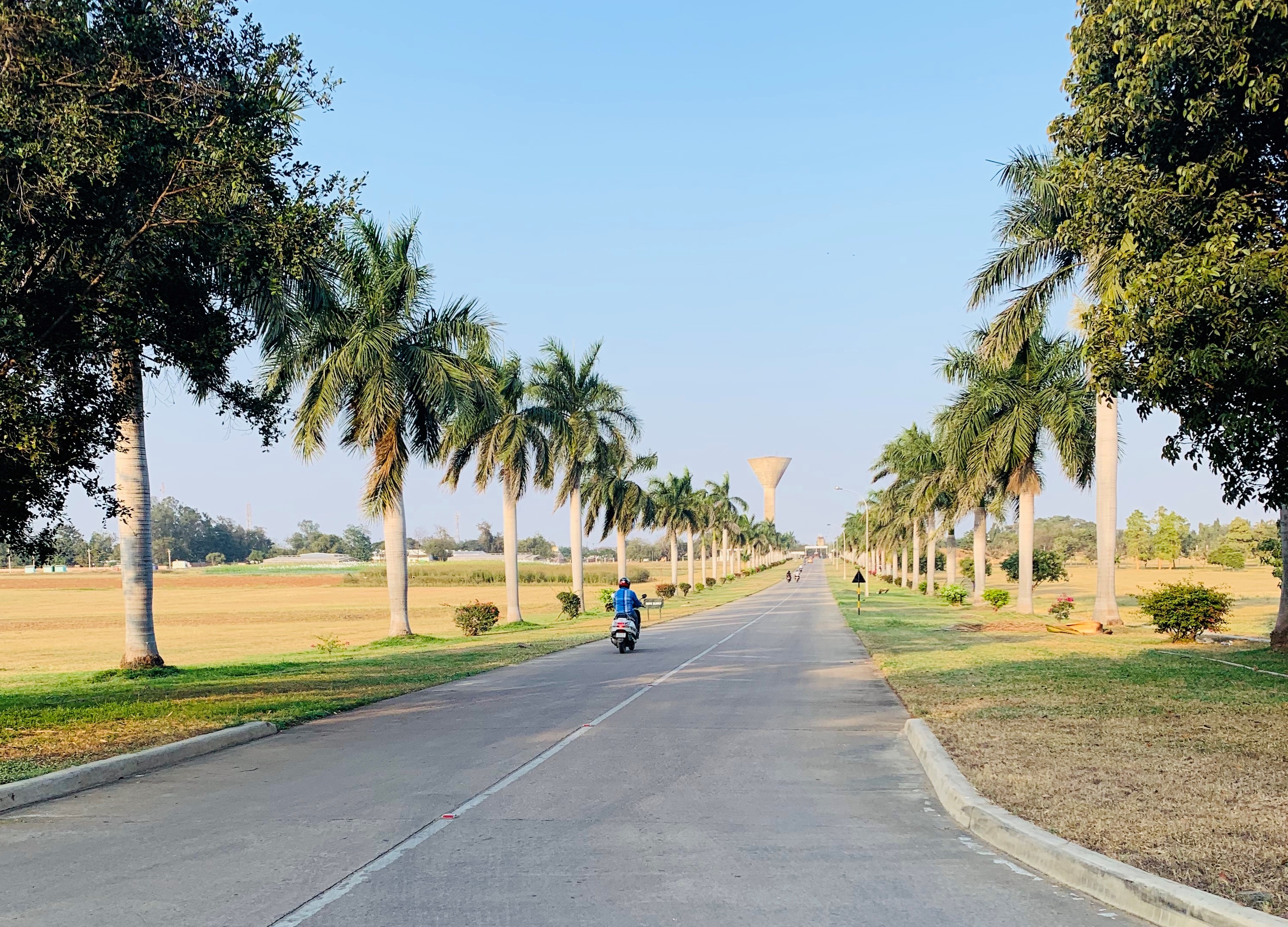Submitted by Sarah Bailey on Mon, 10/02/2020 - 12:40
University of Cambridge PhD student, Charlotte Milbank, a relative newcomer to TIGR2ESS, shares her reflections on the recent TIGR2ESS General Assembly, hosted by collaborator ICRISAT in Hyderabad, 20-24 January 2020.
As first impressions of India go, these were strong. Arriving bleary-eyed in Hyderabad, we (myself and the other early career researchers from the UK) were transported to the idyllic ICRISAT campus, where the General Assembly would be taking place in the days to come. At ICRISAT, we were made to feel very welcome, not forgetting the lengths the chefs went to ensure the food was mild enough for our sensitive British taste buds!
I am completing my PhD under the joint supervision of Professor Bhaskar Vira from the University of Cambridge’s Department of Geography and Dr Lydia Drumright from the Department of Medicine. I am interested in so-called 'wild' or 'uncultivated' foods (including bush meat, insects, wild fruits and leafy vegetables) and their potential nutritional and environmental benefits for rural Indian communities.
During the General Assembly, I slotted into Flagship Project (FP) 1 for sustainable agriculture and FP6 for health and nutrition. At this early stage in my PhD, I am searching for a field site. I therefore attended the assembly not only to support TIGR2ESS activities, but also to explore potential locations through conversations with fellow delegates.
We were kept busy right from the off. The first two days comprised of intensive training sessions for academic writing and broader research career advancement. We were all - no matter how new (like myself) or well-established - made to feel valued members of the programme. It was clear that the team feel we are worthwhile investments as researchers.
On Wednesday, the General Assembly began and the atmosphere was suddenly more formal - it was clear there was a lot of work to be done. The first morning convened all delegates and provided a comprehensive overview of what each of the Flagship Projects had achieved by way of activities, outputs and outcomes, since the programme began in 2017. As a newcomer to TIGR2ESS, I was astounded to see such an ethnically and academically diverse group come together, united by the same goal.
“Working with so many partners is both wonderful and challenging - these meetings were much more efficient conducted face-to-face than a Skype call or email thread could ever be.”
Our objectives during this assembly were multiple. With TIGR2ESS due to end in 18 months’ time, there is still a lot to be done to ensure programme aims are met, that there are no loose ends, and a lasting legacy can be ensured. In individual FP groups, we updated theories of change, identifying the necessary activities, outputs, and outcomes that would enable the realisation of the programme's overall goals. Building on this, we detailed specific data collection exercises and publications planned for the ensuing 18 months. Working with so many partners is both wonderful and challenging - these meetings were much more efficient conducted face-to-face than a Skype call or email thread could ever be.
The final day of the assembly was spent trying to unify all the FPs. With so many diverse research activities and interventions underway, it is important to identify where areas of overlap might exist, and thus where interdisciplinary collaborations might be nurtured. Whilst some cross-cutting themes are obvious, for example between FPs 1 and 6, others are less evident.
We come away from the assembly with a far clearer vision of what needs doing over the next 18 months. Friendships have been made, and exciting cross-disciplinary academic collaborations made. Overall, it was a busy but hugely enjoyable week and I think I speak on behalf of all attendees in thanking those at TIGR2ESS and ICRISAT who made it possible. I am excited to become more involved in TIGR2ESS through my PhD, and look forward to the many exciting outputs and legacies that the programme produces in the coming years.

